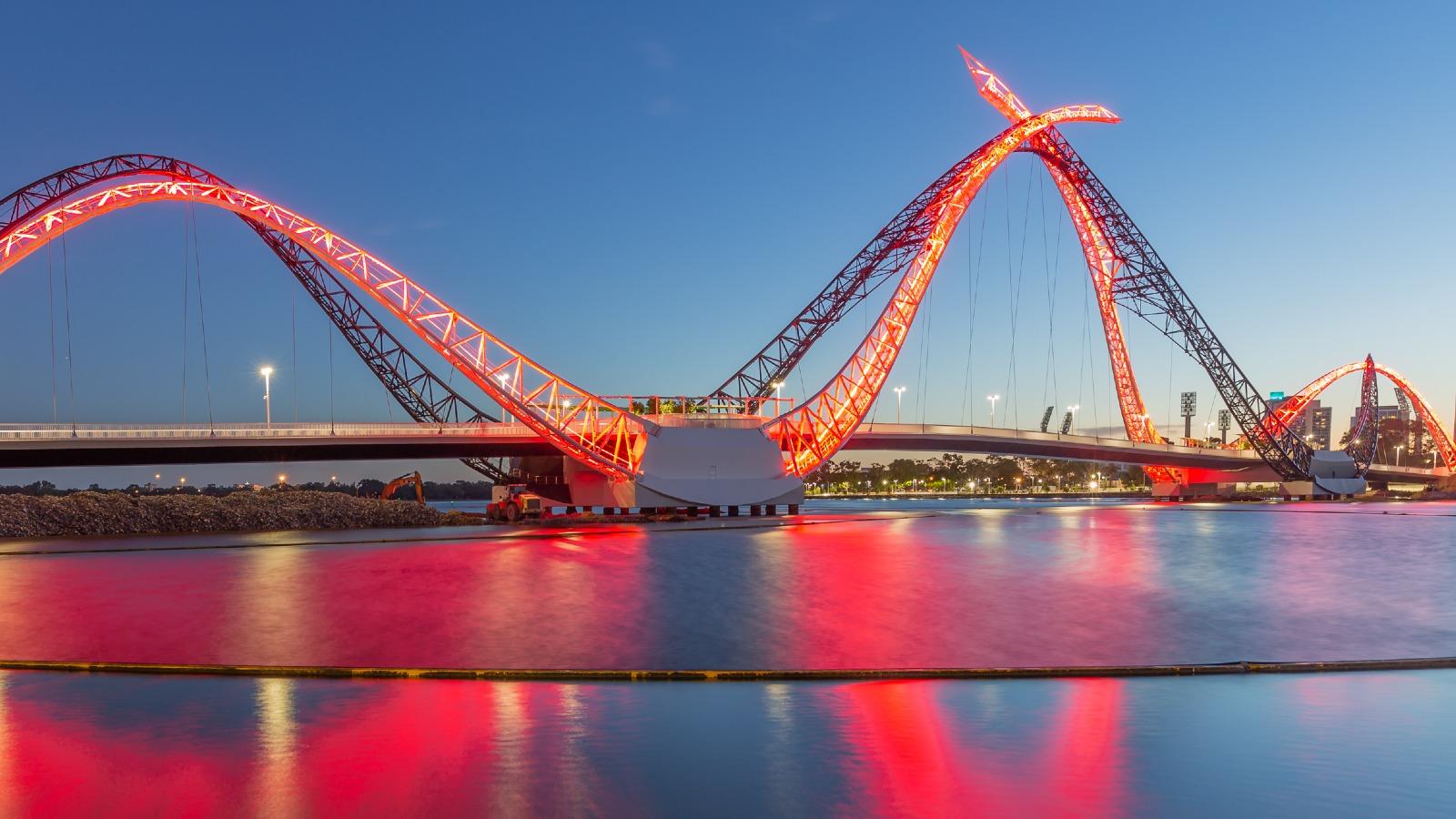
In brief
The 2025-26 Budget for Western Australia (WA) was delivered on 19 June 2025 by Treasurer Rita Saffioti.
The WA State Budget commits additional funding for various measures including cost-of-living relief, housing, education and training, health, manufacturing and infrastructure. The WA Government expects an operating surplus of $2.5bn for 2024-25 and forecasts a $2.4bn surplus for 2025-26, driven by stable household consumption, increases in government revenue and business investment. Growth in Gross State Product (GSP) is expected to increase to 2.5% in 2025-2026.
Total net debt is expected to rise over the forward estimates from $33.6bn as at 30 June 2025 to a projected $42.5bn by 30 June 2029 (increasing to 9.2% of GSP by 2028-29).
The taxation initiatives announced in this Budget include an increase in the land tax concession for build-to-rent developments from 50% to 75% for the first three years, and additional transfer duty concessions for first home buyers and off-the-plan purchases.
In detail
State finances
The WA Government expects an operating surplus of $2.5bn for 2024-25 driven in part by higher Commonwealth grants, higher taxation revenue (particularly increases in transfer duty and gambling tax collections), higher agency goods and services revenue and lower spending across other general government agencies and programs.
However, this operating surplus is $659m lower than original forecasts as income from public corporations and royalties have decreased and there has been an increase in spending across frontline services and to implement Government election commitments (such as the WA Student Assistance Payment to provide cost-of-living relief for those with primary and secondary school students).
General government revenue is expected to increase by 3.9% (to $50.3bn) in 2025-26, and reduce by 5.6% (to $47.5bn) in 2026-27. Expenses are forecast to increase by 4.3% (to $47.8bn) in 2025-26, and decline by 5.9% (to $45bn) in 2026-27.
The Budget is based on the following key economic assumptions for the 2025-26 forecasts: Real GSP growth of 2.5%, employment growth of 1.75%, unemployment rate of 3.75%, Wage Price Index growth of 3.5%, Perth consumer price index of 2.75% and population growth of 1.8%.
Tax initiatives
Increased land tax relief for build-to-rent developments
The land tax concession for eligible projects that become operational (able to be lawfully occupied) between 1 July 2025 and 30 June 2028 will increase from 50% to 75% for the first three assessment years, after which the concession will revert to 50%. This measure is intended to encourage investment in the build-to-rent sector and increase the supply of long-term rental housing. The WA Government expects this to have negligible impact on forecast land tax revenue.
First home owner concessions
The 2025-26 Budget delivers additional transfer duty relief for first home buyers by increasing the value thresholds for purchases of established properties and vacant land. This measure is expected to reduce transfer duty revenue by $119m across the forward estimates. These changes include:
- for established properties: a transfer duty exemption for purchases up to $500,000 (increased from $450,000), and concessional rate of duty for purchases up to $750,000 (up from $600,000, depending on whether in or outside the Perth and Peel regions); and
- for vacant land: transfer duty exemption on purchases up to $350,000 (up from $300,000) and a concessional rate of duty for purchases up to $450,000 (up from $400,000).
Off-the-plan transfer duty concessions
The WA Government has extended the off-the-plan transfer duty concession by 12 months to 30 June 2026 and increased the concession’s lower and upper property price thresholds to $750,000 and $850,000 (up from $650,000 and $750,000 respectively). The WA Government expects this initiative to reduce transfer duty revenue by $23.7m over the forward estimates.
Taxation revenue
The WA Government has recorded taxation revenue of $14.9bn in 2024-25, and expects an increase of 1.7% (to $15.1bn) in 2025-26. This is driven by increases in taxes levied, particularly payroll tax, land tax, insurance duty and motor vehicle registration duty, and offset by a decrease in transfer duty and vehicle licence duty.
Key Budget fund allocations (over the forward estimates)
- Cost of living: $963m allocated to cost-of-living measures to support a broad-based reduction in the basket of household fees and charges, further investment in loans, rebates and grants associated with the Residential Battery Scheme and reduced public transport fares.
- Housing: $1.4bn allocated to increase housing supply and affordability, including $246m allocated to the Social and Affordable Housing Investment Fund, $210m (to 2031-32) to expand Keystart’s Shared Equity Scheme by delivering an additional 1,000 loans to help more Western Australians into home ownership, and investment into other social housing initiatives. This also includes providing transfer duty relief for first home buyers discussed above.
- Education: $1.8bn on education and training over the forward estimates for new and upgraded schools and facilities, support to increase public school enrolments and to support students with disabilities.
- Health and Justice: $1.4bn for the health system over the forward estimates, including $828.9m over 2024-25 and 2025-26 on services to assist with increased hospital activity. In addition, $224.6m for cost and demand pressures associated with the State’s justice system and prisons, and $250m for increased child protective services.
- Infrastructure: $500m top-up of the Strategic Industries Fund, $217.5m to develop the Perth Entertainment and Sporting Precinct, and $584.3m to progress the Clean Energy Link – North project and reinforcement of Regans Ford Terminal for additional renewable energy generation.
The takeaway
The 2025-26 WA Budget is focused on cost-of-living relief measures, healthcare and education, development of WA’s infrastructure and increasing the State’s affordable housing supply. No significant revenue raising initiatives were introduced in this Budget.
Contact us
Barry Diamond
Partner, State Taxes, PwC Australia
Ilyas Elahi
Director, Tax, PwC Australia















